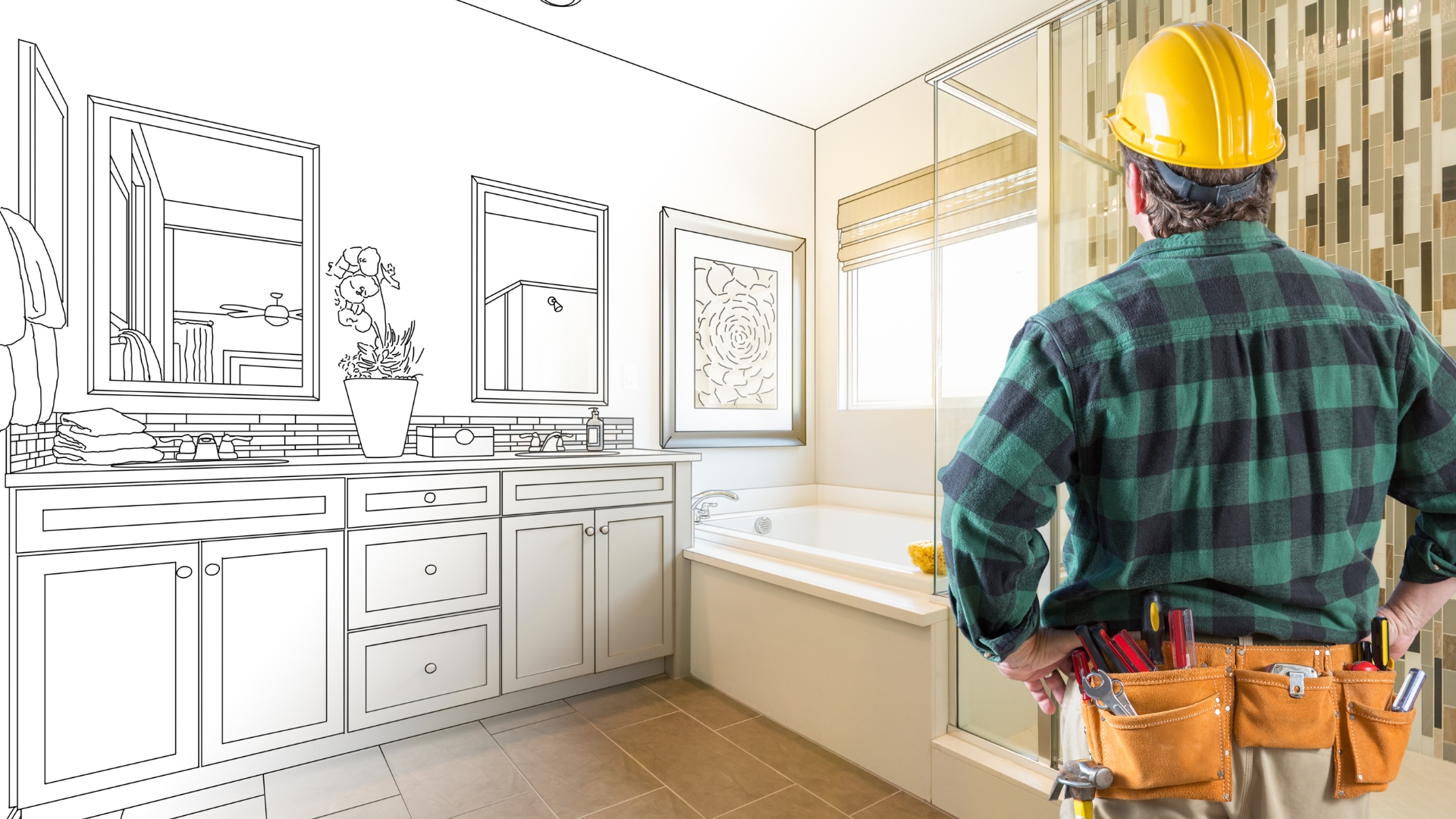
The dream of a perfectly tailored home, once a luxury reserved for the elite, is rapidly evolving into an accessible reality. The custom home development and project management landscape is undergoing a profound transformation, driven by an accelerating confluence of technological innovation, an imperative for environmental stewardship, and the ever-shifting desires of modern homeowners. We stand at the precipice of an era where homes are not just living structures, but intelligent, sustainable, and deeply personalized sanctuaries.
Hyper-Personalization & Smart Living
The future of home building hinges on an unprecedented level of personalization and flexibility. Gone are the days of cookie-cutter designs; homeowners now demand spaces that intrinsically reflect their lifestyles, values, and even their aspirations. This means custom floor plans that flow seamlessly with daily routines, unique architectural features that speak to individual tastes, and adaptable spaces that can effortlessly transition to meet changing needs – from a home office that gracefully transforms into a guest suite, to multi-functional entertainment areas that cater to diverse social gatherings.
A growing emphasis on biophilic design will see the seamless integration of natural elements into the home's very fabric. Expect to find living walls breathing life into interiors, the soothing sounds of indoor water features, the warmth of natural wood, and expansive glass walls blurring the lines between indoor comfort and outdoor tranquility. This deliberate connection to nature isn't just aesthetic; it’s a conscious effort to promote wellness and enhance daily living. Furthermore, as societal structures evolve, homes designed for multi-generational living will become more common, blending privacy with communal areas, often incorporating separate living spaces, entrances, and even kitchens to accommodate extended families under one roof.
Eco-Friendly Materials & Net-Zero Homes
Beyond aesthetics, the future of custom homes is inextricably linked to sustainability and energy efficiency. The demand for eco-friendly and healthy materials will no longer be a niche concern but a foundational principle. We will witness the widespread adoption of reclaimed wood, durable bamboo, recycled steel and plastics, low-emission concrete, revolutionary hempcrete, and low-VOC (volatile organic compound) paints and finishes, all contributing to healthier indoor environments and a reduced ecological footprint.
The aspiration for net-zero and even energy-positive homes will become increasingly attainable. Homes designed to generate as much or more energy than they consume, leveraging advanced solar panel systems, compact wind turbines, cutting-edge insulation, and efficient geothermal heating/cooling systems, will become the norm rather than the exception.
Smart energy management systems, driven by sophisticated algorithms, will automatically adjust appliance operation based on real-time energy demand, seamlessly integrate with renewable energy sources, and optimize consumption to significantly reduce utility bills and carbon emissions. Water conservation, too, will be paramount, with low-flow fixtures, rainwater harvesting systems, greywater recycling, and xeriscaping becoming standard features for responsible water management.
Smart Home Technology Integration
The intelligent home is no longer a concept of science fiction; it’s the immediate future. Smart home technology will be intrinsically integrated during the construction phase, not as an afterthought. This encompasses automated lighting, climate control, robust security systems, intuitive voice-controlled assistants, and seamlessly integrated smart appliances. More advanced, AI-driven home management systems will go a step further, optimizing lighting, heating, security, and more based on household preferences and learned habits.
Furthermore, health and wellness features will move beyond luxury to necessity. Advanced air filtration systems, circadian lighting that adapts to natural daylight cycles, and smart water management systems will be essential for promoting occupant well-being. The Internet of Things (IoT) will expand its reach, with an ever-increasing number of everyday objects and appliances becoming interconnected, offering unparalleled convenience and control.
Future of Construction Project Management
The successful realization of these sophisticated custom homes hinges on a revolution in project management. Digital transformation and data-driven decision-making will be the bedrock of efficient construction. Building Information Modeling (BIM) will continue to evolve, with digital twins emerging as a true game-changer.
These virtual models will allow for meticulously detailed planning, proactive clash detection, real-time monitoring of progress, and superior lifecycle management, drastically reducing rework and material waste. Cloud-based platforms will become the universal standard, centralizing document management, providing real-time progress tracking, facilitating enhanced communication, and ensuring robust version control across all project stakeholders.
The power of data analytics and artificial intelligence will be harnessed to unlock unprecedented efficiencies. By leveraging data from myriad sources, project managers will be able to anticipate potential delays and cost overruns, proactively identify safety risks, optimize resource allocation, and make informed decisions grounded in irrefutable data. Mobile applications and field technology, running on tablets and smartphones, will become indispensable tools for digital documentation, real-time reporting, immediate access to plans, and efficient quality control and safety inspections directly on site.
Advanced Construction Techniques
Advanced construction and construction management techniques and robotics will redefine the building process. Modular and prefabricated construction methods, offering superior efficiency, faster build times, enhanced quality control, reduced material waste, and improved cost predictability, will gain significant traction for custom homes. Large-scale 3D printing is already demonstrating its capability to create entire structures and complex components, substantially reducing labor costs and material waste while enabling intricate designs.
This technology is poised to become more widespread, potentially offering affordable and highly customizable housing solutions. Furthermore, robotics and automation will increasingly assist with repetitive and labor-intensive tasks like bricklaying, concrete pouring, and material handling, significantly improving precision and enhancing on-site safety.
Enhanced Collaboration & Transparency in Home Building
Collaboration and transparency will also be paramount. Integrated Project Delivery (IPD) models, characterized by multi-party contracts and the early involvement of key stakeholders – architects, builders, and subcontractors – will foster truly collaborative decision-making, shared risks and rewards, and open communication channels. Virtual and Augmented Reality (VR/AR) will revolutionize design and marketing.
VR will offer immersive virtual walkthroughs for clients and project teams, enabling accurate visualization of layouts and early identification of potential design issues, thereby enhancing client engagement. AR will extend its utility to the construction site, overlaying virtual information onto the physical construction for enhanced precision and guidance. Improved communication tools will bridge the gap between office and field teams, especially with the growing prevalence of hybrid working models within construction management.
Finally, a heightened focus on safety and wellness will permeate every aspect of construction. IoT will be deployed to monitor construction sites in real time, with smart sensors and wearable technology providing crucial data for worker safety, location tracking, and physiological monitoring. Virtual Reality will offer engaging and highly effective safety training, simulating site-specific hazards and preparing workers for real-world scenarios.
Partner with Immersive Homes for the Future of Home Building
The evolution of custom home development is clear: it demands innovation, sustainability, and unparalleled client engagement. For real estate developers and construction professionals, embracing these advancements is key to staying competitive.
Immersive Homes stands at the forefront of this transformation, offering proprietary software, VR-driven design, and factory-scaled fabrication that deliver unmatched speed, quality, and cost efficiency. Partner with Immersive Homes to seamlessly navigate land planning complexities, streamline construction, and provide truly immersive, personalized home-building experiences that captivate today's discerning buyers and redefine tomorrow's residential landscape.

